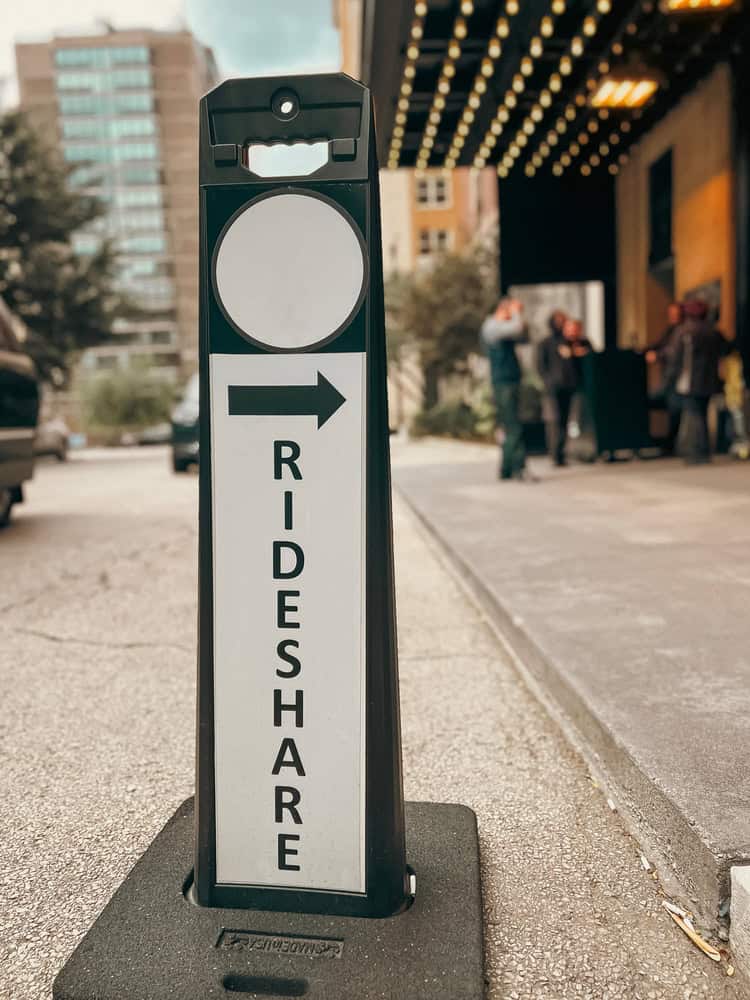Colorado lawmakers are pushing forward new legislation to strengthen safety regulations for rideshare companies like Uber and Lyft, in response to growing concerns about rider and driver safety. House Bill 1291, passed by the House Business Affairs & Labor Committee in an 11-2 vote, would require rideshare companies to conduct driver background checks every six months and prohibit hiring applicants with criminal histories involving domestic violence, stalking, or harassment. The bill also mandates rideshare companies to respond to passenger complaints within 72 hours and deactivate drivers if allegations are deemed credible. Additionally, the bill proposes audio and video recording during each ride to deter misconduct, Marissa Ventrelli of Colorado Politics reported.
The legislation is personal for Rep. Jenny Willford, one of the bill’s sponsors, who says she was sexually assaulted by a Lyft driver in February 2024. The driver was reportedly using a friend’s account to give rides. Willford later filed a lawsuit against Lyft, alleging the company failed to take appropriate action after she reported the incident.
“Uber and Lyft have a severe and pervasive safety issue,” Willford testified. “They are in crisis, whether they want to admit it or not.”
The bill also follows the conviction of John Pastor-Mendoza, a man who posed as a rideshare driver and was sentenced to 290 years in prison after a string of violent assaults across the Denver metro area. One of his victims, Marie Defoe, testified in support of HB1291, stating that better industry safeguards could have prevented her trauma.
Advocates like Elizabeth Newman of the Colorado Coalition Against Sexual Assault said the rideshare industry’s rapid growth has outpaced its safety infrastructure. Without stronger oversight, she warned, vulnerable riders remain at risk.
Uber pushed back on the legislation. Company representatives claimed Uber already leads the industry in rider safety measures, including frequent background checks, trip tracking, and in-app safety tools. They argued that the bill could create compliance issues, increase costs, and conflict with Colorado’s data privacy laws.
Despite the opposition, the bill continues to move forward. Willford closed her testimony by urging support for HB1291, emphasizing that the trauma from her assault lingers and that rideshare companies should be held accountable for failing to protect riders.
f you or someone you know has experienced assault or misconduct during a rideshare trip, you may have legal rights. SurvivorsRights.com can help connect you with attorneys who specialize in holding rideshare companies accountable. Visit our Uber Sexual Assault Lawsuit or Lyft Sexual Assault Lawsuits page to share your experience and explore your legal options confidentially.




